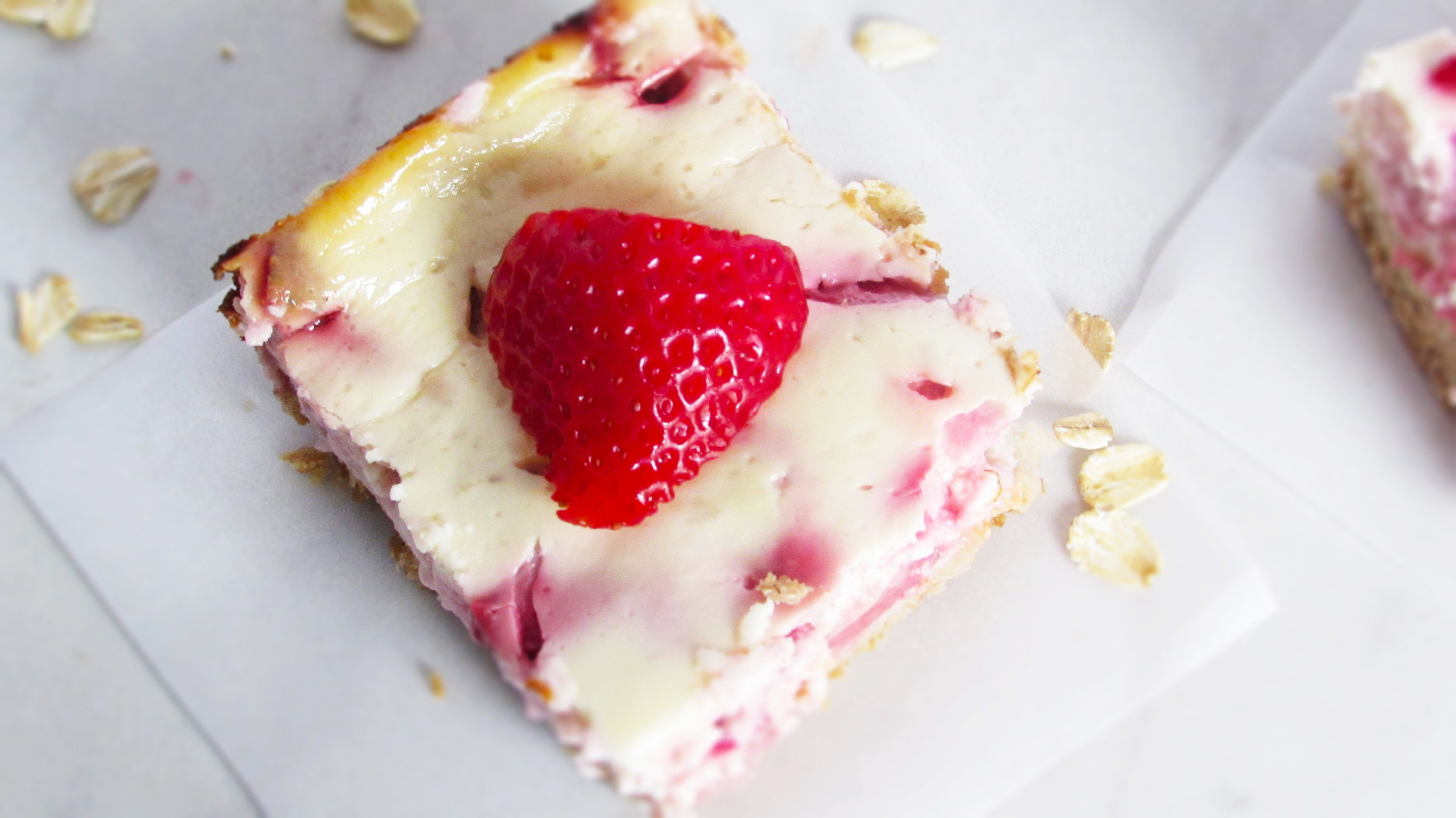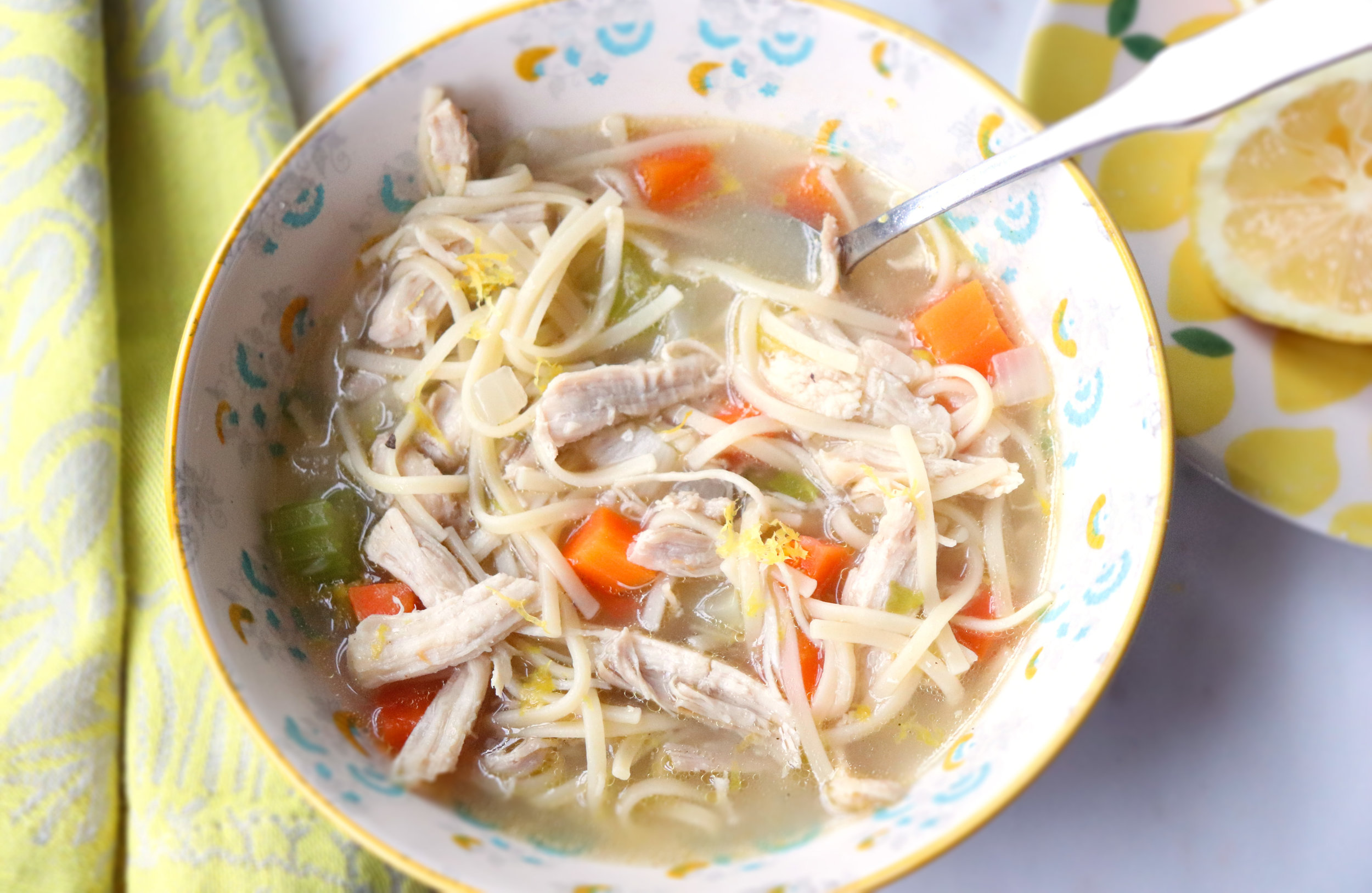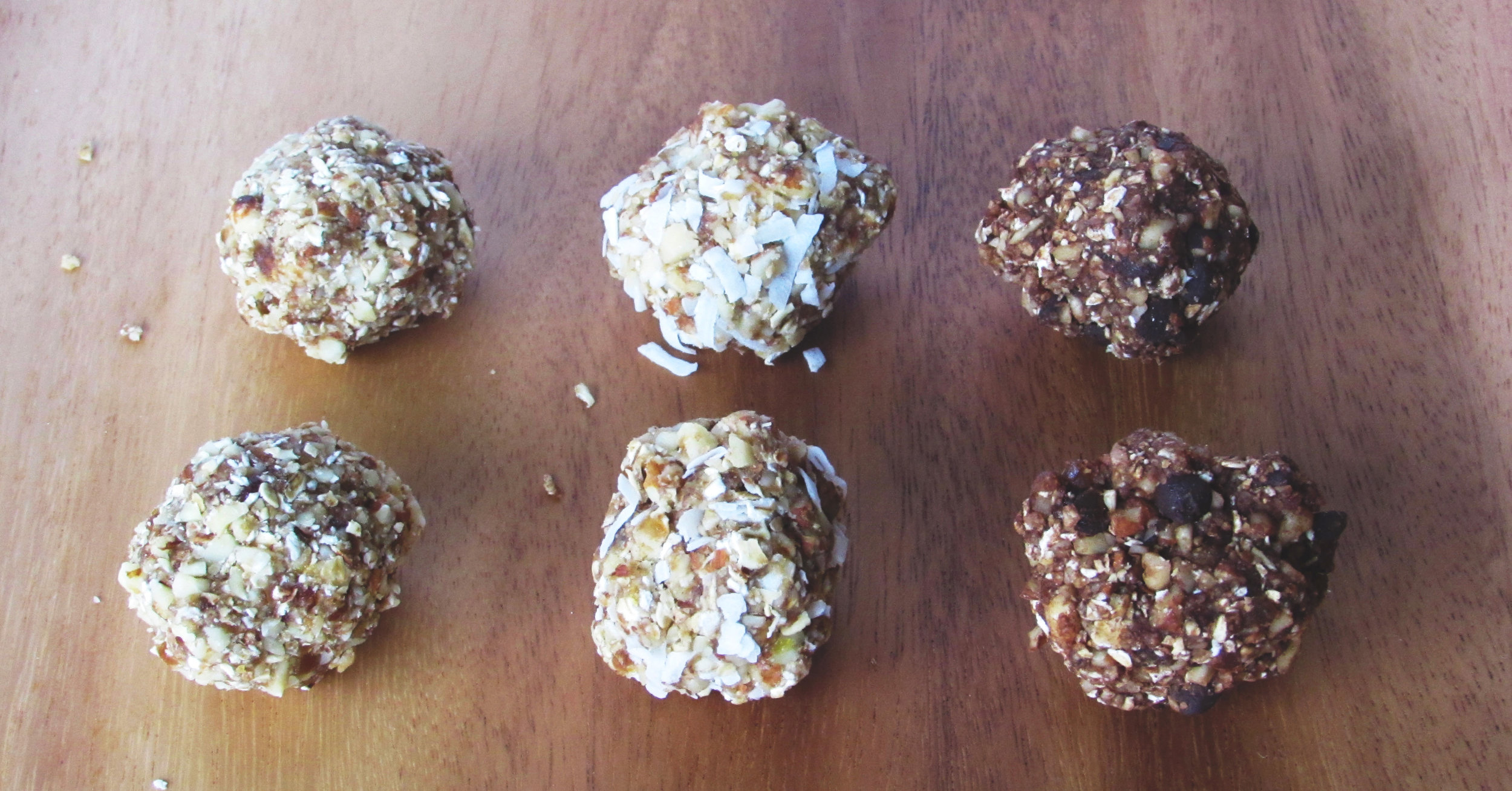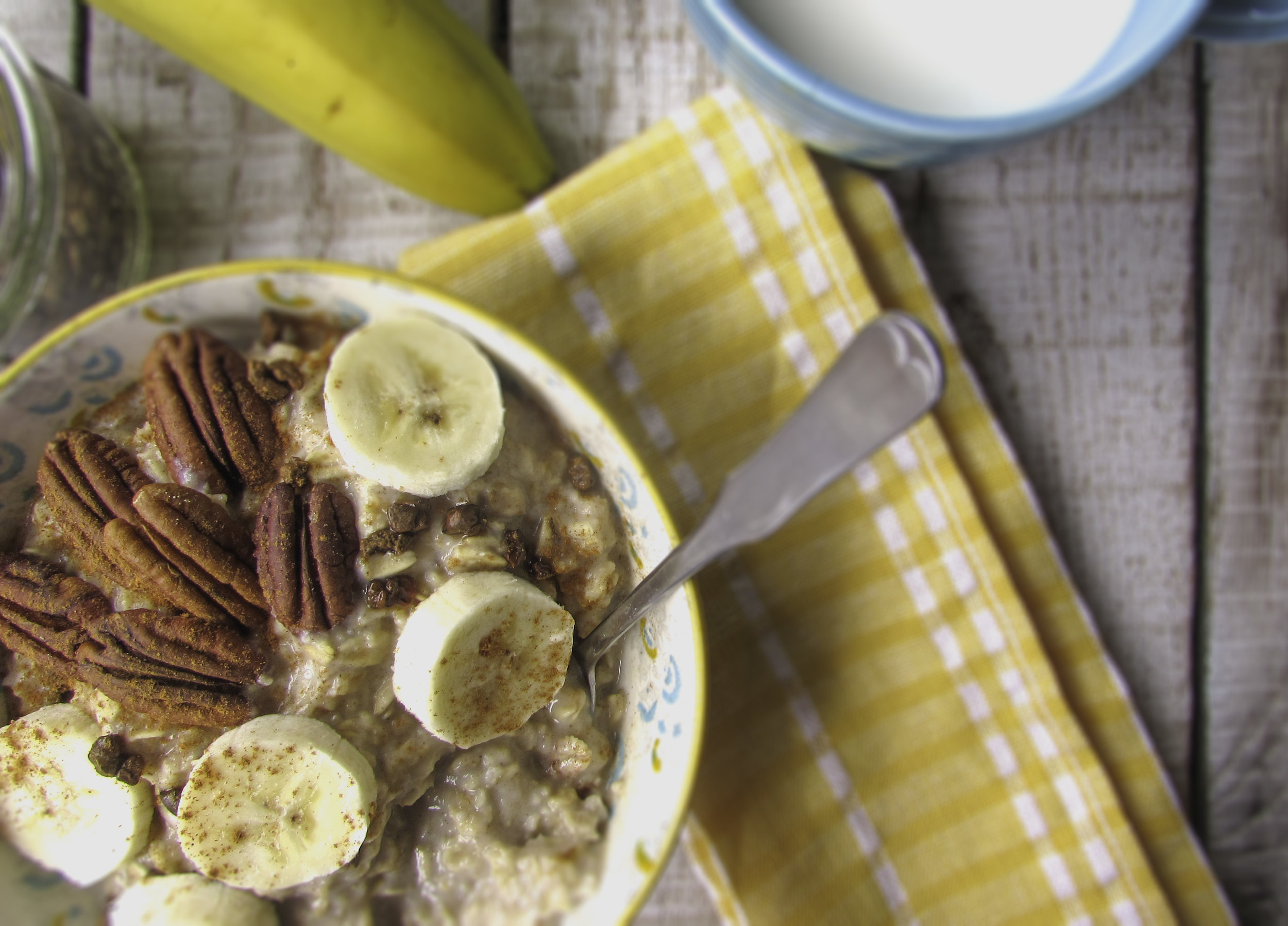Boost Energy The Natural (and Healthy) Way!
One of the most common issues I hear from those with cancer is that they have no energy. Honestly, fatigue is common even in those without cancer! There are many reasons a person may feel fatigued with cancer – the cancer itself, treatment effects, stress, anxiety, physical demands of getting treatments, and on and on. Symptoms should always be discussed with the physician and health care team to determine if there are any reversible causes of fatigue.
But, there are also natural ways to increase energy. We often reach for a cup of coffee, can of soda, energy drink or a candy bar when we feel we need a boost. Are these really giving us what we need to get through the day? The sugar or caffeine may provide a burst of energy but that is often followed by a let-down where you are just as tired (or even more so) as before. Also, caffeine is a stimulant that can cause nervousness, irritability and insomnia is some people, not to mention the diuretic effect it has too.
Instead of going for that soft drink or coffee for a pick-me-up, try these tips:
1. Choose healthy energy and nutrient-dense snacks
Combining a fruit or a whole grain with a food high in protein will help provide lasting energy. The carbohydrate in fruit or whole grains provides an immediate energy boost while the protein will help sustain that feeling. Some ideas include:
- Yogurt and berries
- Cottage cheese and canned peaches packed in water or juice (a lot of cancer patients I’ve worked with tolerate this well)
- A banana with a tablespoon of peanut butter or handful of walnuts
- Smoothie made with milk or yogurt, frozen fruit and a little honey for sweetness
- A slice of whole grain bread or a few whole grain crackers with 1-2 tablespoons of nut butter (if you’ve never had it, try almond butter!).
If you have a poor appetite, these could also be mini-meals. Aim for 5-6 mini-meals per day.
2. Make sure you are getting enough water
Not taking in enough fluid can lead to fatigue and headaches. By the time most people feel thirsty they are already dehydrated. Fluid needs vary by individual but, by and large, most people don’t take in enough. Seven to eight cups a day will help keep you hydrated. Try keeping a water bottle close by and keep up with how much you’re drinking. Also, water-rich foods can help boost intake and are usually pretty healthy too. Include cucumbers, celery, lettuce, watermelon and berries to help stay hydrated.
3. Choose high fiber foods
High sugar foods give us an energy rush quickly followed by a crash! High fiber foods can help stabilize blood glucose levels, which will keep energy levels constant. Foods high in fiber include 100% whole wheat bread, whole grain cereals, chick peas, black beans, broccoli, carrots and berries. Be sure to increase water intake when increasing fiber though, otherwise some gastrointestinal symptoms may arise!
Of course, getting a good night’s sleep is essential for recharging energy levels as well as moderate intensity exercise most days of the week if possible. Although you may think the opposite to be true, exercise can actually lessen feelings of fatigue, even for those in cancer treatment. Yoga in particular has been linked to improvement in energy. Be sure to talk with your healthcare provider before beginning any exercise program.
Other tips:
Try deep breathing and relaxation exercises several times a day (close your eyes, breathe deeply, concentrate on each part of your body and relax it, starting with your toes and working up to your head; picture yourself in a pleasant place such as a beach or in the mountains).
Get enough sleep and rest. Take breaks throughout the day if needed.
Let others help you with meals, housework or errands.
Talk about your feelings with those who care for you. Ask for help.
Participate in activities you enjoy.







